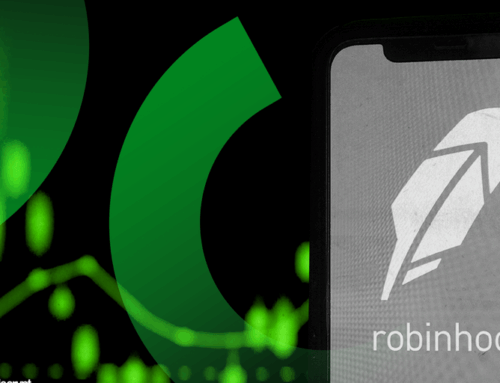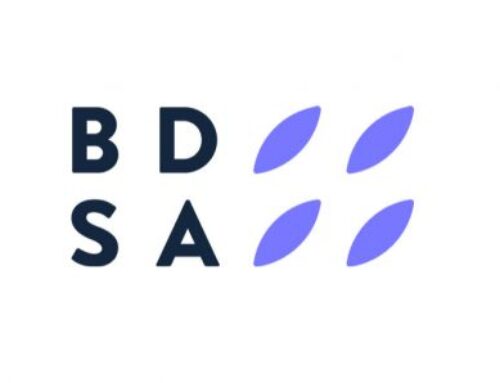Facebook plays role in one-third of all scams — and earns 10% of its revenue that way
November 6, 2025

Only an egghead inside a Big Tech company would devise a plan to fight crime that involves charging criminals more to access victims. Behavioral economics, right!
When you make 10 percent of your revenue from crime, how else would you try to stop it? Reuters recently reported these stunning facts, based on internal Meta documents, in a story you should really read immediately.
If you’ve ever reported an ongoing crime to Facebook/Meta — say, your account has been hijacked by a crypto scammer — you know the firm largely ignores these active crime scenes. Well, the documents Reuters examines show Facebook ignores 95% of those complaints. I’ve been writing about this problem for years. And years. Soldiers’ accounts are often stolen and used for romance scams, for example. This is heartbreaking to the financial victim, but also utterly maddening and violating to the soldier whose picture and profile are used to defraud people. Not only does Meta not care, it makes bank off these crimes, Reuters says.
“Meta internally projected late last year that it would earn about 10% of its overall annual revenue – or $16 billion – from running advertising for scams and banned goods, internal company documents show,” the story, written by , says. You might remember him as the reporter who broke the Frances Haugen whistleblower story — she alleged that Instagram has piles of research showing it was harming kids, but did little to stop that.
Meta’s fraud filters are so promiscuous that they allow ads even if analysis shows 94% confidence the ad is a scam, the story says.
Even worse — Facebook grooms victims. Facebook’s algorithm pushes people into the arms of criminals. Users who click on scam ads get a healthy helping of more scam ads.
This allegation that Facebook profits from scams has been around for a long time. I covered this lawsuit in 2021 which claimed that — not only does Meta cash in on scams — but it has actively recruited criminals and their posts, and has even held special training for them.
Somewhere along the line, you’ve heard the cynical phrase that facing government fines for breaking the law is “just the cost of doing business.” Well, these documents put hard numbers on that concept. While Facebook has been hit by some of the largest regulatory fines in history, the company earns so much cash that it just isn’t afraid of fines. Again, from the story:
- “Meta has internally acknowledged that regulatory fines for scam ads are certain, and anticipates penalties of up to $1 billion, according to one internal document. But those fines would be much smaller than Meta’s revenue from scam ads, a separate document from November 2024 states. Every six months, Meta earns $3.5 billion from just the portion of scam ads that ‘present higher legal risk,’ the document says, such as those falsely claiming to represent a consumer brand or public figure or demonstrating other signs of deceit. That figure almost certainly exceeds ‘the cost of any regulatory settlement involving scam ads.’
This was the theme in a podcast series called “Too Big to Sue” I hosted for Duke University. Big Tech is so powerful and rich now that it really isn’t subject to regulation by nation-states. That’s why the push for platform accountability is so crucial.
Other bombshells in this story:
- A May 2025 presentation by its safety staff estimated that the company’s platforms were involved in a third of all successful scams in the U.S.
- Meta has also placed restrictions on how much revenue it is willing to lose from acting against suspect advertisers, the documents say. In the first half of 2025, a February document states, the team responsible for vetting questionable advertisers wasn’t allowed to take actions that could cost Meta more than 0.15% of the company’s total revenue. That works out to about $135 million out of the $90 billion Meta generated in the first half of 2025.
- Meta also was ignoring the vast majority of user reports of scams, a document from 2023 indicates. By that year, safety staffers estimated that Facebook and Instagram users each week were filing about 100,000 valid reports of fraudsters messaging them, the document says. But Meta ignored or incorrectly rejected 96% of them.
- Even when advertisers are caught red-handed, the rules can be lenient, the documents indicate. A small advertiser would have to get flagged for promoting financial fraud at least eight times before Meta blocked it, a 2024 document states. Some bigger spenders – known as “High Value Accounts” – could accrue more than 500 strikes without Meta shutting them down, other documents say.
- To advertise on Meta’s platforms, a business has to compete in an online auction. Before the bidding, the company’s automated systems calculate the odds that an advertiser is engaged in fraud. Under Meta’s new policy, likely scammers who fall below Meta’s threshold for removal would have to pay more to win an auction. Documents from last summer called such “penalty bids” a centerpiece of Meta’s efforts to reduce scams. Marketers suspected of committing fraud would have to pay Meta more to win ad auctions, thus impacting their profits and reducing the number of users exposed to their ads.
Search
RECENT PRESS RELEASES
Related Post




